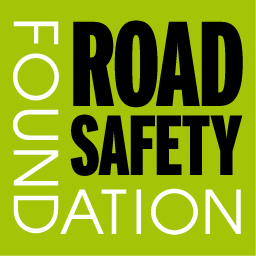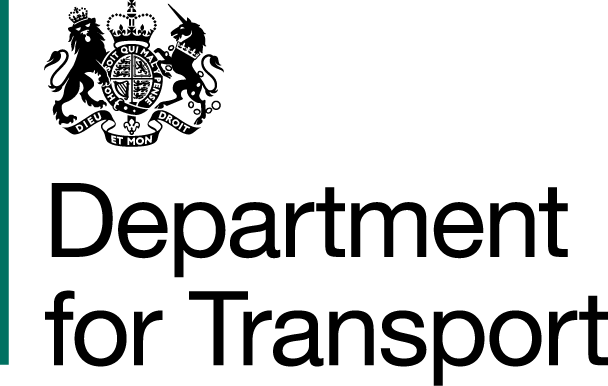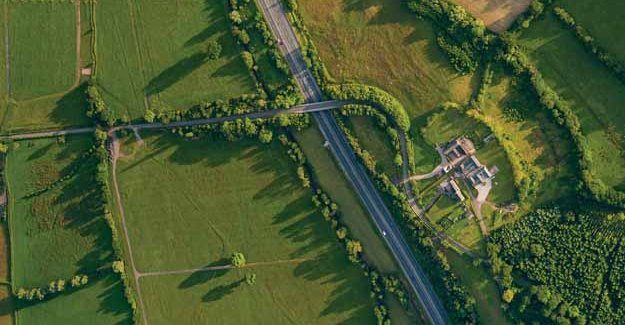About this project
The Road Safety Foundation financially supported by the RAC Foundation and the Department for Transport delivered a programme of Safe System enginnering improvement recommendations for the top-50 high risk A-road sections in England between Summer 2016 and Autumn 2018.
Project background
In September 2016, the Road Safety Foundation, commissioned and financially supported by the RAC Foundation and the Department for Transport, embarked on the Safer Road Pathfinder project. This project involved the inspection, Star Rating and generation of Safer Roads Investment Plans (SRIPs) for 11 high-risk local A-road sections in England, to act as a demonstrator of what could be achieved if a larger programme of Safer Roads treatments were initiated. The project included the development of guidelines and capacity building among the pathfinder authorities.
Shortly after this work commenced, DfT announced the establishment of a ‘Safer Roads Fund’ to improve the safety of the top 50 high-risk local A-road sections in England as identified in the RSF analysis of 2012–14 crash data. DfT then provided the financial support necessary for the Road Safety Foundation to work alongside authorities responsible for the remaining road sections to develop high return road safety engineering remedial plans for submission to the fund. This wider project included considerable capacity building and mentoring.
Proposals for 49 of the 50 schemes were submitted by Local Authorities to DfT in April and September 2017. Together these schemes led to DfT committing to £100m of capital investment to be spent between 2017/18 and 2020/21. Over a 20-year period, these schemes should prevent an estimated 1500 fatal and serious injuries, with a benefit to society (value of prevention) of £550m. When the 20-year costs of schemes (including maintenance and renewal) are taken into account this results in an overall return of £4.5 for every £1 invested. This constitutes a compelling case for investment, with this portfolio competing well with major infrastructure programmes.
The pathfinder and wider DfT project together represent a significant step change in practice, supporting local authorities to start to apply a new proactive ‘Safe Systems’ approach to risk management on these exceptionally high-risk routes. Moreover, through the project over 70 local authority practitioners have been trained, innovative and new methodologies have been developed and proof of concept has been achieved to demonstrate the high returns that can be estimated using this approach. The new tools and guidance developed will benefit countries globally, and already the Safer Roads Fund is being explored for application on a wider scale across Europe
Project aims and objectives
The main aims of the Safer Roads Fund project (and pathfinder project that proceeded it with a smaller number of roads) were:
- To develop with local highway authorities in England schemes to reduce risk on the 50 highest risk local A roads in England;
- To develop capacity among local authority road safety engineers, and create momentum for cultural shift towards Safe System application, by:
- Delivering training in using the iRAP system (a proactive Safe Systems approach to managing risk);
- Working alongside local authority practitioners to provide advice and mentoring as they applied the approach for the first time, starting with the Pathfinders project supported by the RAC Foundation; and
- Development of guidance material to support authorities involved in the SRF submissions and beyond (See: https://www.racfoundation.org/wp-content/uploads/2017/11/Tackling-high-risk-roads-RSF-RACF-October-2017.pdf)
Project timescales
This project took place between Summer 2016 and Autumn 2018.
Project partners
The Pathfinders and Safer Roads Fund project was delivered by the Road Safety Foundation, with financial support from the RAC Foundation and the Department for Transport.
For more information
To receive further updates about this project and the other work of the RAC Foundation please sign-up to our mailing list. Alternatively please get in touch via email at [email protected]. You can also follow us on Twitter @racfoundation.




